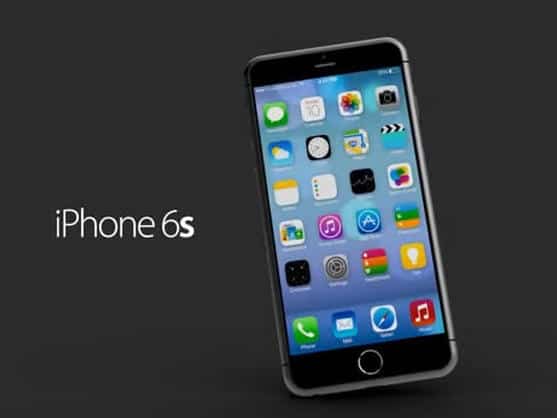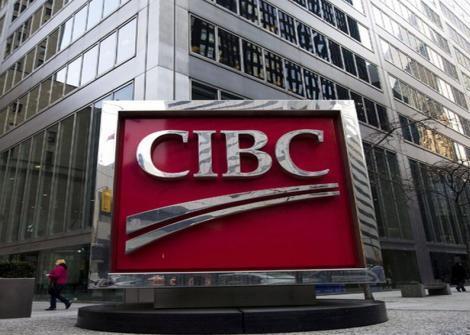BlackBerry’s security advantage over Apple will resonate with cash, not nude pics

The celebrity nude picture scandal that had Apple on the defensive this week probably won’t mean people will be shifting en masse to the more secure BlackBerry, but a similar gaffe with Apple’s upcoming mobile wallet might.
Although the company denied that its iCloud was the culprit in a hack that exposed nude pictures of celebrities including Jennifer Lawrence and Kate Upton, Apple CEO Tim Cook this week said it would look to beef up security by enabling email push notifications to inform users when their iCloud data was accessed from another device.
In Waterloo, BlackBerry responded as it has many times in the past with Apple security flaws, by pointing out that its own security is widely considered to be industry leading. An article on its own blog by BlackBerry’s Matt Young was essentially a collection of snippets of praise for the Canadian device maker’s security acumen in the wake of the scandal.
“BlackBerry is the anti-Apple,” declared CNNMoney’s Paul R. LaMonica,” the piece read. “BlackBerry is widely acknowledged by many tech experts to have one of the most secure mobile platforms…now that Jennifer Lawrence and other celebrities are dealing with the PR nightmare of their nude photos circulating around the Internet due to a hack of their iCloud accounts, it’s possible that the company could win new customers … or, at the very least, regain some of the ones it has lost.”
Young went on to quote Fox News anchor’s Liz Claman’s interview with industry expert Robe Enderle.
“There are a lot of people still on BlackBerries that were thinking about getting off them. I don’t think they’re thinking that much anymore,” Enderle told Claman. “If you’re on BlackBerry you’re likely going to stay on BlackBerry now.”
So will all this resonate with iPhone users? History tells us it probably won’t.
Hack nude pictures? “No problem”, seems to be the response of the American device buying public so far. Web history? “We’re alright with that”. Expose your text messages? “What else you got?”
______________________________________________________________________________________________________________________
This article is brought to you by Apivio Systems (TSXV:APV). Apivio is a growth oriented Canadian technology company focused in the area of Voice over Internet Protocol (VoIP). Click here to learn more.
_______________________________________________________________________________________________________________________
It seems BlackBerry has been left to play the role of Chicken Little when it comes to mobile security, screaming that the sky is falling while no one else around them seems to acknowledge or care about the fact.
But there is one thing that has been proven to get the attention of the American public: mess with their money.
Reports issued yesterday suggest a data breach at Home Depot that exposed the credit card numbers of some customers might be much bigger than first suspected, and much larger than a similar breach at Target last December.
Unlike Apple’s stock, which has basically flatlined since the celebrity scandal, shares of Home Depot took it on the chin following the breach. Target fell sharply after its security breach, and the incident led to the resignations of both CIO Beth Jacob and, later, CEO Gregg Steinhafel.
The list of companies that have suffered the wrath of consumers after security breaches in the just the past few years is long. Heartland Payment Systems. Sony’s PlayStation Network. CardSystems Solutions.
Consumers clearly have a line to be crossed, and it’s their cash.
All eyes will be on Apple next week when its iPhone 6 launches with its Mobile Wallet, and attempt to do what previous mobile transaction platforms from Google, Square and PayPal could not; take a meaningful share of the overall transactions market. The payment system will use Near Field Communications, technology that employs radio communications to transmit data to point-of-sale systems. It is rumoured that the iPhone’s fingerprint scanner will be used to authenticate identification.
It may be foolish to doubt them, especially considering their heavyweight partnerships with the likes of MasterCard, Visa, and American Express, but the list of those who have failed in the space paints a clear picture that success in the mobile payments space is far from guaranteed for Apple. As Yahoo’s Aaron Pressman wrote today: “Even a well-designed and genuinely useful payment system won’t catch on if people lose confidence in Apple’s security.”
Nick Waddell
Founder of Cantech Letter
Cantech Letter founder and editor Nick Waddell has lived in five Canadian provinces and is proud of his country's often overlooked contributions to the world of science and technology. Waddell takes a regular shift on the Canadian media circuit, making appearances on CTV, CBC and BNN, and contributing to publications such as Canadian Business and Business Insider.


